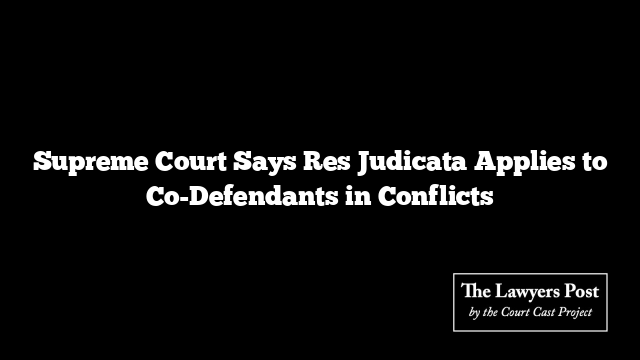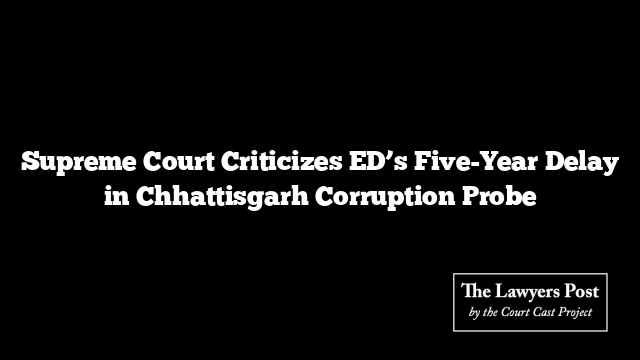In a landmark decision, the Supreme Court has underscored that the principle of res judicata is not limited to the plaintiff and defendants but extends to conflicts between co-defendants as well. This ruling came from a bench featuring Justices Abhay S. Oka and Pankaj Mithal, who clarified that the application of res judicata between co-defendants necessitates a genuine conflict of interest among them.
The principle of res judicata, outlined under Section 11 of the Code of Civil Procedure, was dissected in the judgment authored by Justice Abhay S. Oka. The court leaned on the precedent set in Govindammal v. Vaidyanathan to enumerate the three crucial conditions for applying res judicata between co-defendants:
- There must be an existing conflict of interest between the co-defendants.
- The resolution of this conflict must be essential for granting relief to the plaintiff.
- A final decision must adjudicate the conflict.
The court stressed that all these conditions must be met for res judicata to be invoked among co-defendants.
In the case at hand, the appellant/plaintiff claimed independent rights over 0.30 acres of suit land, part of the Cantonment Board property, while the Respondent/Cantonment Board, Ramgarh, claimed rights over 2.55 acres of land, part of the Estate of Raja. The respondent argued that the plaintiff’s suit was barred by res judicata, referencing an earlier case filed by Maharani where both appellant and respondent were co-defendants. However, since the Maharani’s suit was dismissed without adjudicating the plaintiff-appellant’s rights over the disputed land, the Supreme Court ruled that res judicata did not apply.
The judgment concluded that since there was no prior adjudication of the plaintiff’s or the Cantonment Board’s rights in the earlier suit, the current claim over the land was not barred under Section 11 CPC. The Court thus allowed the plaintiff-appellant’s suit to proceed, highlighting the necessity of a direct or indirect issue and a conflict of interest being adjudicated for res judicata to hold between co-defendants.





